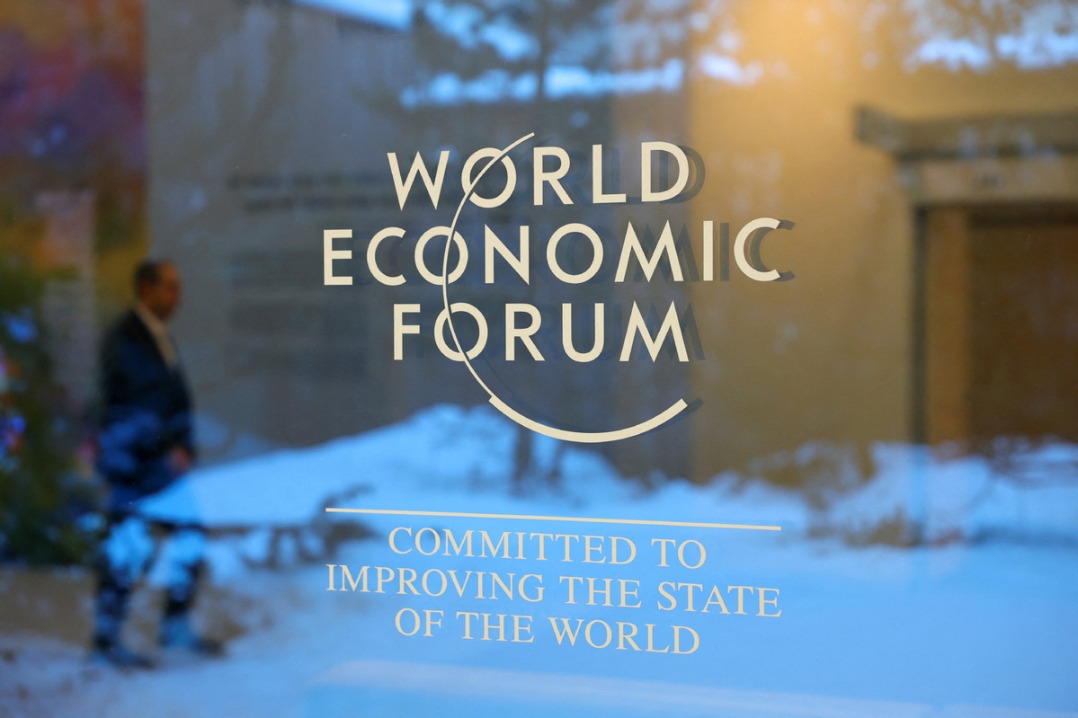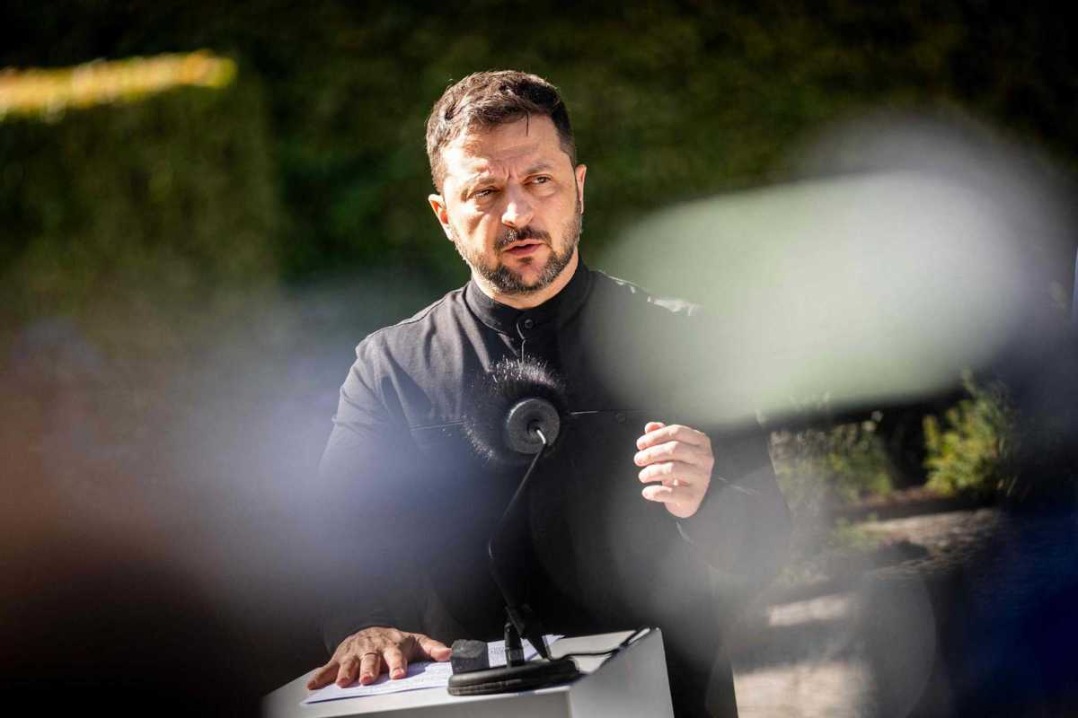'Birth of a new NATO' nothing but patching up cracks in the old one: China Daily editorial

Although some hailed the Hague summit of the North Atlantic Treaty Organization as the "birth of a new NATO", the gathering on Tuesday and Wednesday was only the oiling of a creaking war machine.
The 32 members of the world's biggest "security" organization endorsed a plan to massively ramp up defense spending, "back to the defense expenditure levels of the Cold War", driven by US pressure and fears of the security threat supposedly posed by Russia, China and other parties, as the NATO chief hinted.
Until now, the NATO members had set a target of 2 percent of gross domestic product for their defense budgets. Now they are aiming for 3.5 percent by 2035. On top of that, they will dedicate 1.5 percent of their GDP to upgrading both digital and physical infrastructure that is needed to deploy armies to the front.
It is not the outcome that has taken some by surprise but the ease with which it has been come by. In 2024, NATO member states accounted for 55 percent of global military spending and most NATO members had clearly expressed their opposition to raising their military spending to 5 percent of their GDP as pressed by US President Donald Trump since he took office in January.
That the leaders reaffirmed their "ironclad commitment" to NATO's collective defense clause after the summit indicates that, with the Ukraine crisis showing no sign of a quick end, the US leader's threat to cease the United States' protection of other NATO members, if they refused to meet the 5 percent target, was a key push for the everybody-is-happy summit.
With NATO's new spending pledge in the bag, Trump told reporters that "I left there saying that these people really love their countries. It's not a ripoff. And we're here to help them protect their countries".
But it should be noted that the spending agreement's progress will not be reviewed until 2029, after the next US presidential election. That means the other NATO members can continue to enjoy the US' protection until at least four years later whether or not they meet the requirements of the agreement by then. Even if they don't, since the deadline of the agreement is 2035, they might not need to be in a hurry to raise their spending as they will face a different US president. Not to mention the fact that the spending agreement is nonbinding.
Since it means a steep budget hike for NATO's European members and Canada, how their economies will fare until 2035 and how the Ukraine crisis will develop in the future will directly influence their ability and willingness to fulfill the agreement.
The US knows that the agreement is the best result it could hope for at this moment. Particularly, the US-centered atmosphere the other NATO leaders created on purpose in the Hague summit worked well, with Trump calling other NATO leaders "a nice group of people" and saying that "almost every one of them said 'Thank God for the United States'".
As some observers said, the shortened summit and one-page statement, which were prepared to keep the US president happy and focused, reveal the organization's division, not unity.
The "new NATO" born in Hague is a de facto account from which the US can withdraw its protection fee, according to rates set by itself. By submitting their autonomy to the US, the NATO members are also making the US' "enemies and threats" theirs, turning a self-claimed "regional defensive" organization into a US pawn in its global geopolitical games.
NATO has continuously exceeded the geographical scope stipulated in its own treaty and has continuously extended its hand to the Asia-Pacific region under the pretext of "Eurasian security linkage". The international community has seen this clearly and the Asia-Pacific countries are highly vigilant.
It is absurd that the organization regards China as a "systemic challenge" with the potential to "undermine the international order and challenge Western values".
The international community is well aware that China is a builder of world peace, a contributor to global development, a defender of the international order, and a provider of public goods. On issues of peace and security, China is a major country with a sound track record.
China urges NATO to reflect deeply, listen carefully to the just voice of the international community, abandon the outdated concepts of a Cold War mentality, camp confrontation, and zero-sum game, correct its wrong perception of China, and stop manipulating issues related to China.
As Guo Jiakun, spokesperson for the Foreign Ministry, said, China will firmly safeguard its sovereignty, security, and development interests, and continue to contribute to maintaining world peace and stability with practical actions.


































